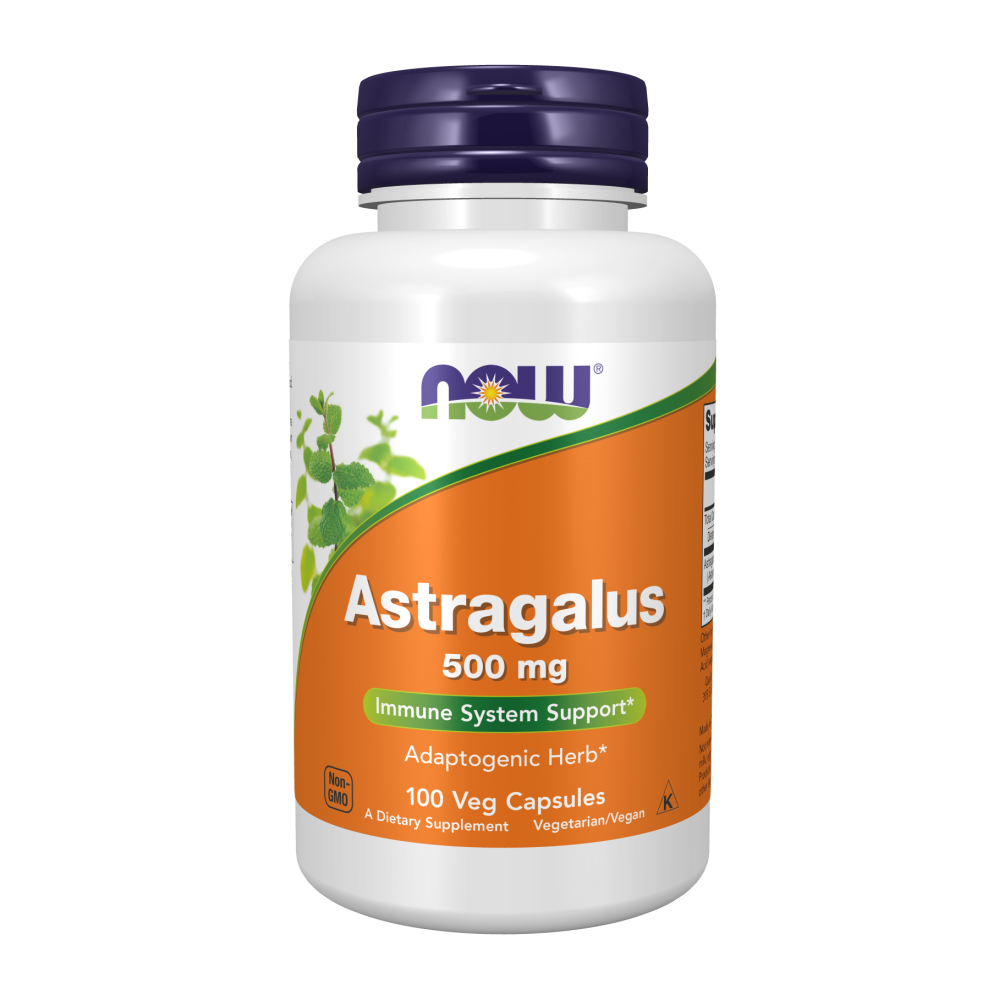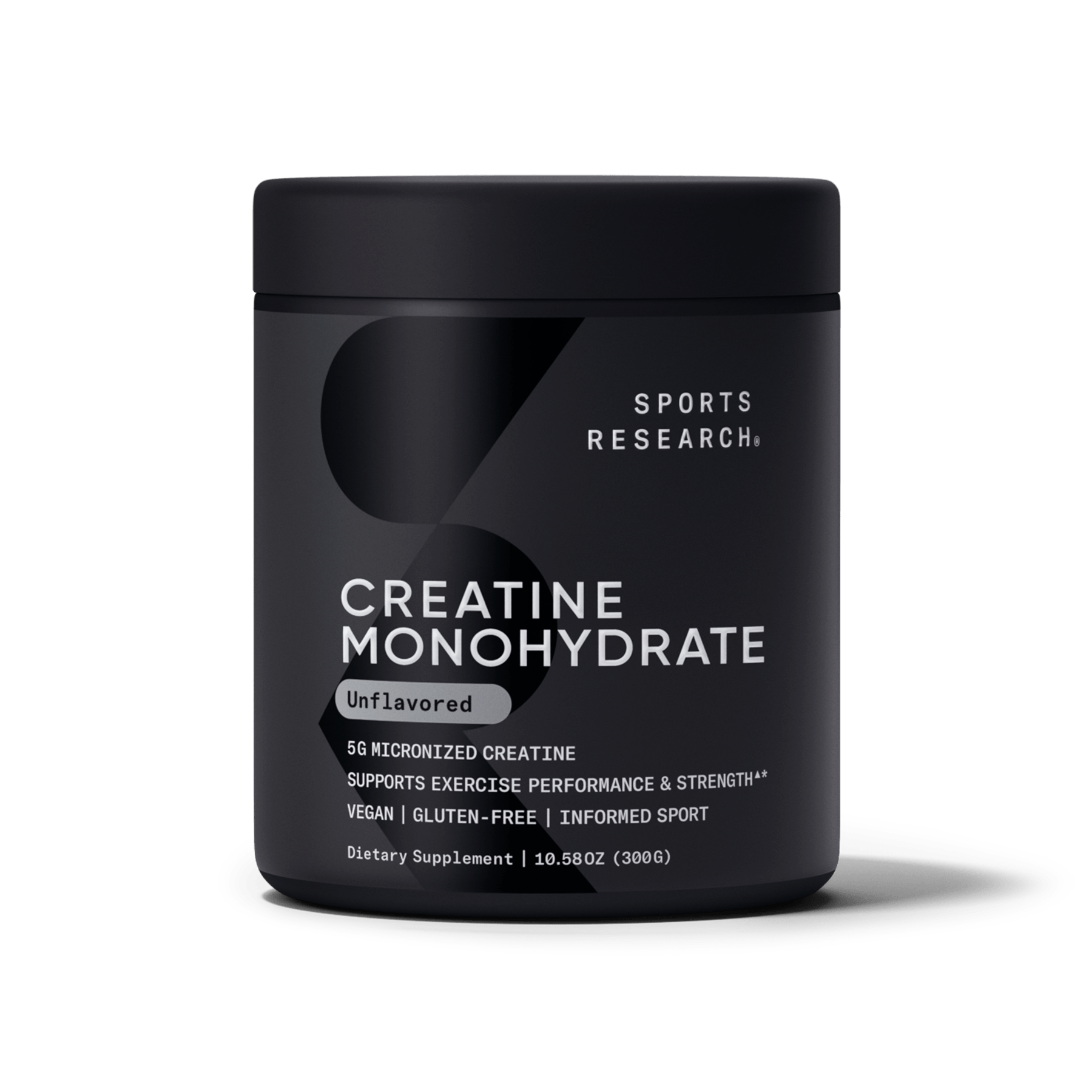
As you age, your body inevitably changes.
As women approach their late forties and early fifties, it’s common for symptoms of perimenopause and menopause to begin. And while it is a natural stage of a woman’s life, menopause can occasionally cause many uncomfortable, and disruptive symptoms.
Let’s take a look at what is happening in the body during menopause and seven ways to continue to thrive during the menopausal stage of life.
WHAT HAPPENS TO THE BODY DURING MENOPAUSE?
Menopause is the end of a woman’s reproductive cycle and is defined as twelve complete months without menstrual bleeding.
During menopause, the body goes through major hormonal changes, decreasing the amount of hormones it makes – mainly estrogen and progesterone. When this decrease in estrogen occurs, the menstrual cycle (period) starts to change or become irregular before it eventually stops.
As it adapts to changes in hormone levels, your body may exhibit a variety of physical symptoms and changes as well.
PERIMENOPAUSE, MENOPAUSE, & POSTMENOPAUSE
PERIMENOPAUSE
Perimenopause means “around” or “near” menopause. It is an extended transitional state in the months or years leading up to the end of menstruation when ovaries slowly produce less estrogen. The average duration of perimenopause is three to four years, however perimenopause can last for up to ten years.1
MENOPAUSE
Menopause refers to the time when menstrual periods have stopped for at least a year. At this point, ovaries are no longer releasing eggs and you cannot get pregnant.
POSTMENOPAUSE
Postmenopause, or “after menopause,” refers to the years after menopause has occurred. In a postmenopausal state, the hormones remain at a constant low level, you will no longer be able to get pregnant, and you will not experience monthly menstrual cycles. Once you’ve experienced menopause, this final phase will last the rest of your life.
SYMPTOMS OF MENOPAUSE
Each woman experiences the symptoms of menopause differently. Some women may experience very mild discomfort easily treated with simple lifestyle changes, like carrying a fan for when a hot flash strikes. Others, however, may experience a vast array of uncomfortable symptoms.
Let’s look at the most common symptoms of menopause:
CHANGE IN YOUR PERIOD
Your period may be what you notice first. You may bleed more or less than normal, and your periods may be shorter or longer. Be sure to speak with your healthcare professional if you are concerned with any changes in menstruation.
HOT FLASHES
As many as 80% of women experience hot flashes when going through menopause2. Hot flashes, also known as vasomotor symptoms, are often described as a sudden sensation of heat in the face, chest, and head followed by perspiration, flushing, and sometimes chills. Researchers still don’t know exactly what causes hot flashes, although they believe it’s related to a reduction in estrogen affecting the hypothalamus, the part of the brain that controls body temperature.3
VAGINAL HEALTH AND BLADDER CONTROL
During menopause, it is common to experience vaginal dryness or discomfort during sexual intercourse. Some women also experience bladder incontinence and may have a sudden urge to urinate or may leak urine during exercise, laughing, or sneezing.4
OTHER COMMON SYMPTOMS OF MENOPAUSE
- Difficulty sleeping
- Mood changes or irritability
- Joint and muscle discomfort
- Dry skin
- Exhaustion
- Decreased sexual desire and satisfaction
- Anxiety
TIPS FOR A HAPPIER MENOPAUSE
1. MAKE SURE YOU GET ENOUGH CALCIUM AND VITAMIN D
Bone health is important in every stage of life, but it is especially important for women during menopause and perimenopause. Estrogen plays a vital role in maintaining bone density, so when estrogen levels drop during menopause this can lead to bone loss and eventual low bone density.
Calcium and vitamin D both play significant roles in maintaining good bone health, so it’s important to get enough of these nutrients in your diet or through supplements.* Adequate calcium and vitamin D as a part of a healthy diet, along with physical activity, may also reduce the risk of osteoporosis later in life.5
According to the International Osteoporosis Foundation and National Osteoporosis Foundation, the estimated average vitamin D requirement for older adults to reach optimal levels is 800-1000 IU per day.
Solgar® Calcium Magnesium with Vitamin D3 Tablets provide the building blocks that help keep bones and teeth strong and healthy.* Each serving contains 1000 mg of calcium and 500 mg of magnesium to help regulate calcium transport.*
And, these tablets are vegan, non-GMO, gluten-free, kosher, and halal!
Solgar® Vitamin D3 helps promote calcium absorption to maintain healthy bones and teeth.* It also helps support a healthy immune system and may support neuromuscular function.* Each serving is non-GMO, gluten-free, dairy-free, and kosher!
Available in a range of dosages.
2. EAT FOODS HIGH IN PHYTOESTROGENS
Phytoestrogens are estrogen-like compounds that occur naturally in plants. Many plants and plant-based foods contain phytoestrogens, and a plant-based diet is typically very rich in phytoestrogens in healthy amounts.
Because many menopausal symptoms are brought on by the drop in estrogen levels, phytoestrogens may help to provide menopausal relief.6 7
The most significant sources of phytoestrogens include soy (tofu, tempeh, miso, soymilk), broccoli, carrots, coffee, evening primrose, legumes, licorice root, oranges, red clover, and more.
3. TAKE A SUPPLEMENT
Taking a supplement, such as Solgar® Menopause Relief, is one of the easiest ways to get relief from common menopausal symptoms.
Solgar® Menopause Relief combines two clinically-studied ingredients: Siberian Rhubarb (ERr-731®) – and helps relieve a full range of the most common menopausal symptoms such as:
- Hot flashes*
- Night sweats*
- Irritability*
- Anxiety*
- Mood swings*
- Sleep disturbances*
- Exhaustion*
- Joint & muscle discomfort*
- Vaginal dryness*
- Urinary difficulties*
- Decreased sexual desire & satisfaction*
affron™ Saffron helps to maintain a positive mood and support emotional wellbeing.*
More than 90% of women showed improvements in menopausal symptoms*, and results were seen in as little as 28 days.†^
Learn more about Solgar® Menopause Relief.
†As studied on Siberian Rhubarb and measured by the Menopause Rating Scale II; individual variations in symptoms or severity of symptoms experienced during menopause may exist.
^ In clinical studies on Siberian rhubarb after 12 weeks of continued use. Individual results may vary.
4. PRIORITIZE YOUR MENTAL HEALTH
The years surrounding menopause bring many changes to your body, but they can also make an impact on your mind as well – especially your mental health. Women who have struggled with anxiety in the past may see a resurgence of symptoms.8
It is common for hormone shifts to affect your mood, as is common during menstruation or post-partum. Mood shifts during perimenopause and menopause are most often mild; however, menopause may trigger anxiety in people who have dealt with it in the past.
When dealing with the mental health effects of menopause:
- Reach out to others: don’t struggle alone.
- Make lifestyle changes that support a positive mood, such as getting adequate sleep, exercising regularly, and controlling stress.
- Monitor your mood, and reach out to a professional if you feel like you need additional help.
5. AVOID HOT FLASH TRIGGERS
Hot flashes are one of the most common symptoms of menopause and can sometimes last for years. Simple lifestyle changes may improve or reduce your risk of hot flashes.
If hot flashes or night sweats keep you up at night, try drinking small amounts of cold water before bed, layering your bed sheets, or keeping your room at a cooler temperature.
Try avoiding alcohol, spicy foods, and caffeine, as these may trigger hot flashes or make them worse. Women who smoke have also been found to be 1.6x more likely to experience hot flashes than women who don’t smoke, so quitting smoking is the best option for all areas of your health – including menopause.9
6. CARE FOR YOUR SKIN
Menopause can bring noticeable changes to your skin. Decreasing estrogen levels in your bloodstream can cause the skin to become dry and even itchy. Estrogen stimulates the body’s collagen and oils production, which keeps the skin naturally moisturized through most of a woman’s life. Once your estrogen levels begin to decline, your body’s ability to produce oil slows down, leaving the skin dry and itchy.
Here are some easy ways to treat dry, itchy skin:
- Wear sunscreen every day: apply SPF 30 or higher each day to help protect the skin from harmful UV rays.
- Exercise often: exercise is a great way to circulate oxygen and nutrients throughout the body, including the skin.
- Take cooler showers: hot, steamy showers feel great, but they can dry out your skin.
- Lotion up: apply a moisturizer at least twice a day to help lock in the hydration.
Solgar® Evening Primrose Oil has been used for centuries to promote women’s health.* It can also nutritionally support healthy skin and can help with occasional dry skin.* It is made from cold-pressed seeds of the evening primrose plant, which is a natural source of the unsaturated fatty acids GLA (gamma-linoleic acid), a type of omega-6 fatty acid.
Solgar® Collagen Hyaluronic Acid Complex Tablets helps boost skin collagen in just 12 weeks while increasing skin elasticity and softening the appearance of wrinkles.* It also helps maintain healthy, youthful skin and support joint health with chondroitin and vitamin C for collagen formation.* Each serving of this gluten-free and non-GMO supplement contains 120 mg of hyaluronic acid, 100 mg of vitamin C, and 1200 mg of collagen! Solgar®’s collagen source is hormone and antibiotic-free.
7. EMBRACE LUBE
Shifting levels of estrogen can also cause changes to the vagina and vulva. During perimenopause, less estrogen may cause the tissues of the vulva and the lining of the vagina to become thinner, drier, and less elastic or flexible—a condition known as “vulvovaginal atrophy.” Vulvovaginal atrophy, as well as vaginal dryness, may cause discomfort during intercourse. Continuing to have sexual intercourse throughout menopause can help keep the vaginal tissues thick and moist and maintain the vagina’s length and width.10
Using a lubricant during intercourse can also combat dryness and increase pleasure.
BETTER WITH AGE
Bodily changes are inevitable as you age, but these changes shouldn’t hold you back from doing what you love or feeling like your best self. Understanding menopause is the first step to better handling its symptoms.
Get smarter while you scroll by following us on Instagram! (@solgar).
*These statements have not been evaluated by the Food and Drug Administration. These products are not intended to diagnose, treat, cure or prevent any disease.
The information provided on this site is intended for your general knowledge only and is not a substitute for professional medical advice or treatment for specific medical conditions. Always seek the advice of your physician or other qualified healthcare provider with any questions you may have regarding a medical condition. The information on this website is not intended to diagnose, treat, cure or prevent any disease. Never disregard medical advice or delay in seeking it because of something you have read on the Solgar® site.





